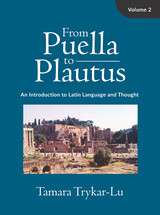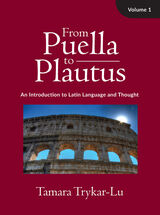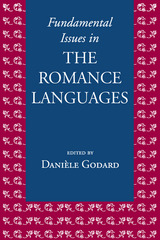5 start with F start with F

This new edition, updated and with additional exercises, equips those who work, travel, and study in Arab countries with an educated form of spoken Arabic that functions flexibly in the face of various regional colloquial variants in the Arab world.
Because the Arabic language has a number of very different spoken vernaculars, being able to speak and be understood in all Arab countries has become a challenge for English speakers. Ryding and Mehall have designed a course that teaches a standardized variant of spoken Arabic that is close to, but more natural than, the literary Modern Standard Arabic.
With a non-grammar-based approach, this book fosters communicative competence in Arabic on all levels and develops speaking proficiency without abandoning Arabic script. It has proven to be clear, effective, and relevant to the needs of Americans living and working in the Arab East. Task-based lessons feature basic dialogues between Americans and Arabs, explanations of new structures, vocabulary expansion, and exercises; and provide gradual access to the sounds and script of Arabic by emphasizing listening and reading comprehension first, then slowly adding oral exercises and activities until the student has achieved basic proficiency.
Not intended for self-instruction for beginners, Formal Spoken Arabic Basic Course with MP3 Files assumes some previous knowledge of Modern Standard Arabic, Arabic script and phonology, and previous or simultaneous instruction in orthography. This new edition includes a CD of MP3 audio exercises that are keyed to the text and drill students on listening and speaking.
Lessons cover topics including:
Heads of StateCities and CountriesOfficial TitlesGeographySystems of GovernmentLost LuggageGetting AcquaintedEstablishing Common GroundSeeking and Giving InformationPersonal Needs and FamilyHandling ProblemsEating OutBargaining and Buying

This Arabic language-learning classic is now enhanced with a bound-in CD of MP3 files. Designed to provide beginners in Arabic with maximum linguistic and cultural exposure in a short period (about 100 hours of contact time), this book consists of sixteen lessons with dialogs and exercises dealing with day-to-day scenarios: greeting people, getting a taxi, making phone calls, asking directions, discussing the weather, and effectively communicating with police and duty officers. The lessons help the reader to navigate situations at gas stations, marketplaces, restaurants, and in their own households.
Formal Spoken Arabic (FSA) is a kind of lingua franca that is more natural than speaking Modern Standard Arabic (MSA), the literary form of the language. FSA uses the shared features of the various urban colloquial dialects, defaulting to Levantive (terms common to Lebanon, Syria, and Jordan) where the spoken dialects diverge. Each lesson includes cultural notes on American-Arab interactions, notes on learner strategies for managing Arabic conversations with a limited amount of language, and grammar explanations in clear, non-technical language. Although the main dialogue for each lesson is presented in Arabic script, transcriptions are used to accelerate spoken performance. The FAST Course includes grammatical explanations, English-Arabic and Arabic-English glossaries, appendices listing common idioms, courtesy expressions and other useful terms, instructor's notes, and drills aided and accompanied by the CD.
Originally created for diplomats, this is an expanded and enhanced edition of a work originally developed by the U.S. State Department as a six-week intensive, or "FAST" (Familiarization and Short-Term) course, and is easily adaptable for students in Middle East area studies. Travelers heading for posts in the Arab world who quickly need to gain a basic ability to converse in day-to-day situations will find Formal Spoken Arabic FAST Course an invaluable companion.



Fundamental Issues in the Romance Languages compares six Romance languages—Catalan, French, Spanish, Italian, Portuguese, and Romanian—and summarizes the last thirty years of scholarship in the fields of morphology, syntax, semantics, and discourse for each language. The up-to-date analyses in this volume make it essential for undergraduate and graduate students as well as scholars of each language.
READERS
Browse our collection.
PUBLISHERS
See BiblioVault's publisher services.
STUDENT SERVICES
Files for college accessibility offices.
UChicago Accessibility Resources
home | accessibility | search | about | contact us
BiblioVault ® 2001 - 2024
The University of Chicago Press









